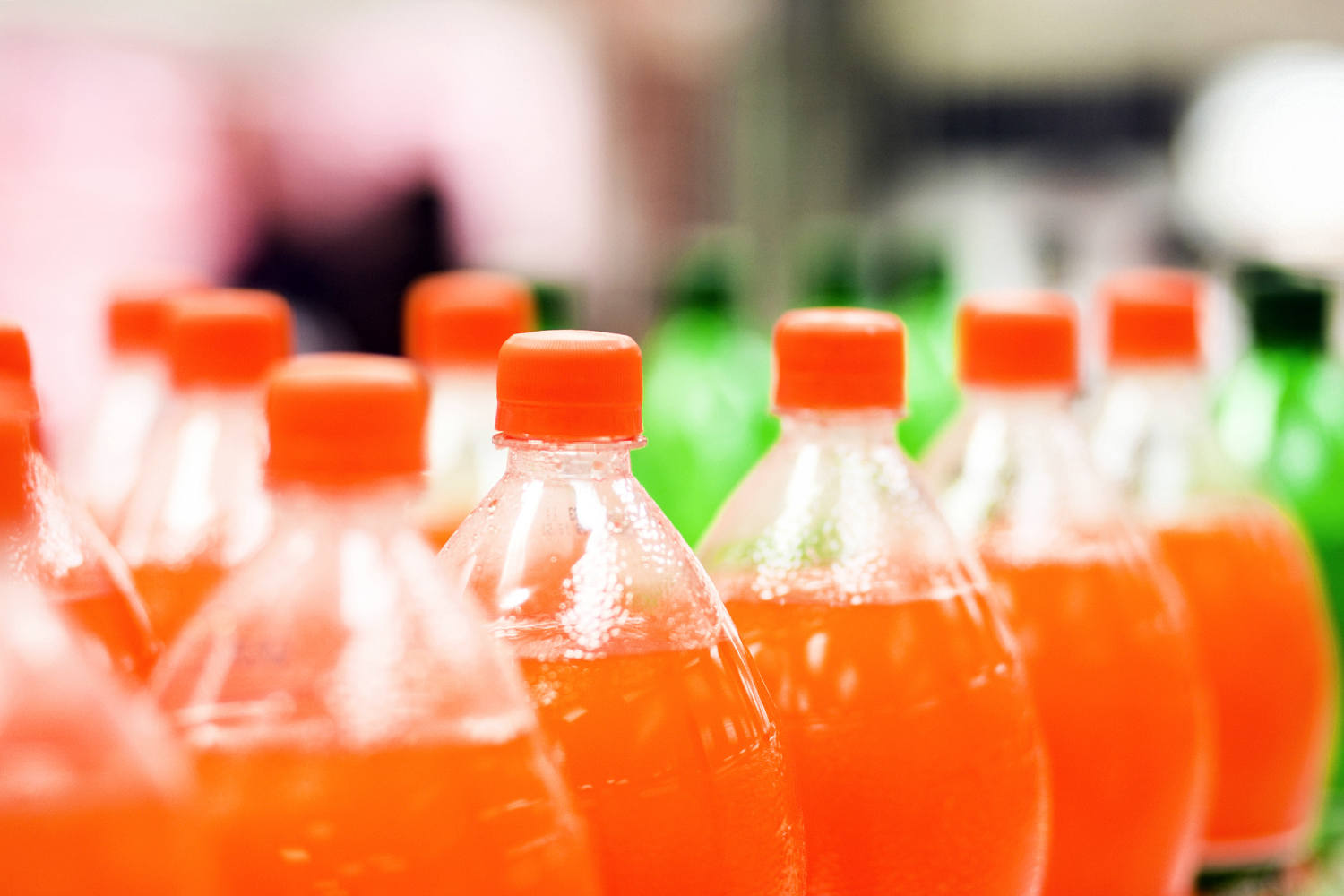The U.S. Food and Drug Administration is banning the use of a food additive known as brominated vegetable oil after the agency concluded that it is no longer safe to consume.
Brominated vegetable oil is a stabilizer used in citrus-flavored beverages and was previously authorized by the FDA to be used in small amounts of 15 parts per million or lower. However, not many products in the United States still currently use brominated vegetable oil, according to the FDA. In November last year, the FDA first proposed that it would ban BVO.

The news came shortly after and three other food additives in October 2023. BVO was also banned in the United Kingdom in 1970 followed by the European Union in 2008, , an independent food and health watchdog organization. India and Japan have also banned the ingredient.
Brominated vegetable oil, also known as BVO, is an oil that has been modified with bromine, a naturally occurring chemical element, according to the FDA. It is used as a food stabilizer primarily in citrus drinks to keep the flavoring from separating and floating to the top. BVO used to be on the FDA's list of ingredients generally regarded as safe but was restricted to be used only in products containing food flavorings after multiple toxicity studies by the Canadian Food and Drug Directorate in 1969, according to the CSPI.
On July 3, the FDA revoked the regulation that authorized BVO's use in food items. The after "the results of studies conducted in collaboration with the Nationa.























